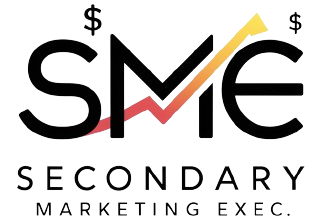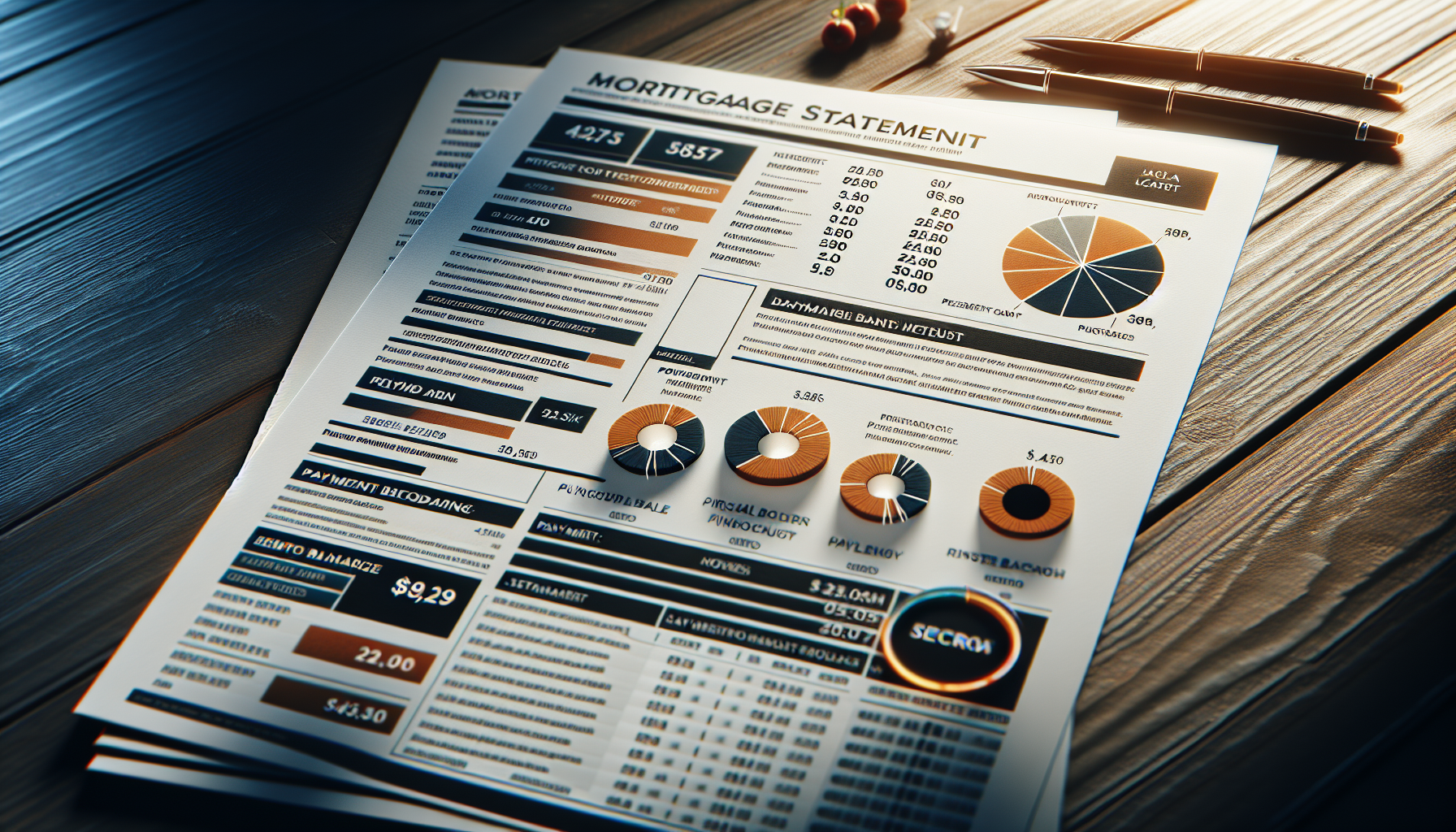When it comes to securing a $200,000 mortgage, lenders consider several key factors to determine a buyer’s eligibility. The most important criteria include income, credit score, debt-to-income ratio, and down payment amount. By understanding these requirements and optimizing their financial situation, buyers can increase their chances of being approved for a $200,000 mortgage.
Key Factors for $200,000 Mortgage Approval
To qualify for a $200,000 mortgage, buyers must demonstrate their ability to repay the loan by meeting specific mortgage requirements. Lenders evaluate various mortgage approval factors, such as income, credit score, and debt-to-income ratio, to determine a buyer’s eligibility.
Meeting these criteria is crucial for securing a $200,000 mortgage, as it provides lenders with confidence in the buyer’s financial stability and ability to make timely payments. By understanding these factors, buyers can better prepare their finances and improve their chances of being approved for a $200,000 mortgage.
Income Requirements for a $200,000 Mortgage
One of the primary factors lenders consider when evaluating a mortgage application is the buyer’s income. To qualify for a $200,000 mortgage, buyers typically need an annual income of approximately $70,000, although this may vary depending on other financial factors.
Lenders often use the 28/36 rule as a guideline for determining income requirements. This rule suggests that housing costs should not exceed 28% of a buyer’s gross monthly income, while total debt payments should not exceed 36%. By adhering to this rule, buyers can demonstrate their ability to manage their mortgage payments alongside other financial obligations.
Credit Score Impact on Mortgage Approval
A buyer’s credit score plays a significant role in determining their eligibility for a $200,000 mortgage. Higher credit scores generally result in more favorable mortgage terms, such as lower interest rates and higher loan-to-value ratios.
Buyers with higher credit scores may be able to secure a mortgage with a smaller down payment, as lenders view them as less risky borrowers. Conversely, buyers with lower credit scores may need to make larger down payments or pay higher interest rates to compensate for the perceived risk.
Debt-to-Income Ratio Considerations
Lenders also evaluate a buyer’s debt-to-income ratio when considering a $200,000 mortgage application. This ratio compares a buyer’s monthly debt payments, including the proposed mortgage payment, to their gross monthly income.
Ideally, buyers should aim to keep their total debt payments below 36% of their income, with housing costs not exceeding 28%. By maintaining a lower debt-to-income ratio, buyers can demonstrate their ability to manage their mortgage payments alongside other financial obligations, increasing their chances of approval.
Optimizing Your Mortgage Application
To improve their chances of being approved for a $200,000 mortgage, buyers can take steps to optimize their financial situation and mortgage application. By focusing on key mortgage approval factors, such as down payment, credit score, and debt-to-income ratio, buyers can create a more compelling case for lenders and potentially expand their home buying budget.
Some strategies for optimizing a mortgage application include increasing the down payment, improving credit scores, and reducing existing debts. By implementing these changes, buyers can demonstrate their financial responsibility and increase their chances of securing a $200,000 mortgage with favorable terms.
Increasing Down Payment to Lower Loan Amount
One effective way to improve the chances of being approved for a $200,000 mortgage is to increase the down payment amount. By making a larger down payment, buyers can reduce the overall loan amount and lower their monthly payments.
| Down Payment (%) | Down Payment ($) | Loan Amount | Monthly Payment* |
|---|---|---|---|
| 5% | $10,000 | $190,000 | $1,013 |
| 10% | $20,000 | $180,000 | $959 |
| 20% | $40,000 | $160,000 | $852 |
*Based on a 30-year fixed-rate mortgage at 3.5% interest
As the table illustrates, a larger down payment can significantly reduce the monthly mortgage payment, making it more affordable for buyers and increasing their chances of approval.
Improving Credit Score for Better Mortgage Terms
Another key strategy for optimizing a mortgage application is to improve one’s credit score. Higher credit scores typically result in more favorable mortgage terms, such as lower interest rates and reduced private mortgage insurance (PMI) requirements.
To improve their credit score, buyers can:
- Pay bills on time
- Reduce credit card balances
- Avoid applying for new credit accounts
- Dispute any errors on their credit report
By taking these steps, buyers can gradually improve their credit score and position themselves for better mortgage terms when applying for a $200,000 loan.
Reducing Debts and Increasing Savings
Lowering the debt-to-income ratio is another crucial aspect of optimizing a mortgage application. By paying down existing debts and increasing savings, buyers can demonstrate their financial stability and improve their chances of being approved for a $200,000 mortgage.
To reduce debts and increase savings, buyers can:
- Create a budget to track income and expenses
- Prioritize paying off high-interest debts
- Cut unnecessary expenses and redirect funds towards savings
- Consider debt consolidation or balance transfer options
By implementing these strategies, buyers can improve their overall financial health and expand their home buying budget, increasing their chances of securing a $200,000 mortgage.
Choosing the Right Mortgage Program
When applying for a $200,000 mortgage, it’s essential to choose the right mortgage program to fit your financial situation and home buying goals. Different mortgage requirements and loan programs can significantly impact the overall cost and terms of the mortgage, making it crucial for buyers to carefully consider their options.
Some common mortgage types include conventional loans, government-backed loans (such as FHA and VA loans), fixed-rate mortgages, and adjustable-rate mortgages. Each program has its own set of requirements, advantages, and disadvantages, which buyers should evaluate based on their unique circumstances.
Conventional vs Government-Backed Mortgages
Conventional mortgages are loans that are not insured or guaranteed by the government. These loans typically require higher credit scores and larger down payments compared to government-backed mortgages, such as FHA loans or VA loans.
Government-backed mortgages, on the other hand, often have more lenient credit score and down payment requirements, making them a popular choice for first-time homebuyers or those with less-than-perfect credit. However, these loans may come with additional fees, such as mortgage insurance premiums.
Fixed-Rate vs Adjustable-Rate Mortgages
Another important consideration when choosing a mortgage program is whether to opt for a fixed-rate mortgage or an adjustable-rate mortgage (ARM).
Fixed-rate mortgages maintain the same interest rate throughout the life of the loan, providing borrowers with predictable monthly payments. This stability can be particularly attractive for buyers who plan to stay in their home for an extended period.
Adjustable-rate mortgages, on the other hand, have interest rates that can change over time based on market conditions. While ARMs often start with lower interest rates compared to fixed-rate mortgages, the potential for rate increases can result in higher monthly payments down the line.
Shopping for the Best Mortgage Rates
To secure the most favorable terms for a $200,000 mortgage, buyers should engage in comparison shopping. By obtaining quotes from multiple lenders and comparing interest rates and fees, buyers can potentially save thousands of dollars over the life of the loan.
When shopping for mortgage rates, buyers should:
- Obtain quotes from at least three different lenders
- Compare interest rates, annual percentage rates (APRs), and fees
- Ask about discount points and their impact on interest rates
- Consider the reputation and customer service of each lender
By taking the time to shop around and compare offers, buyers can find the most competitive mortgage rates and terms for their $200,000 home loan.
See also:
- What Is A Purchase-Money Mortgage? – Definition, Types, Benefits
- People Most Likely Need to Take Out a Mortgage When They Have…
- How Long Is a Mortgage Pre Approval Good For? – Your Ultimate Guide
- How to Assume a Mortgage from a Family Member – Tips and Guide
- How Long Does Preapproval for Mortgage Last?








Leave a Reply